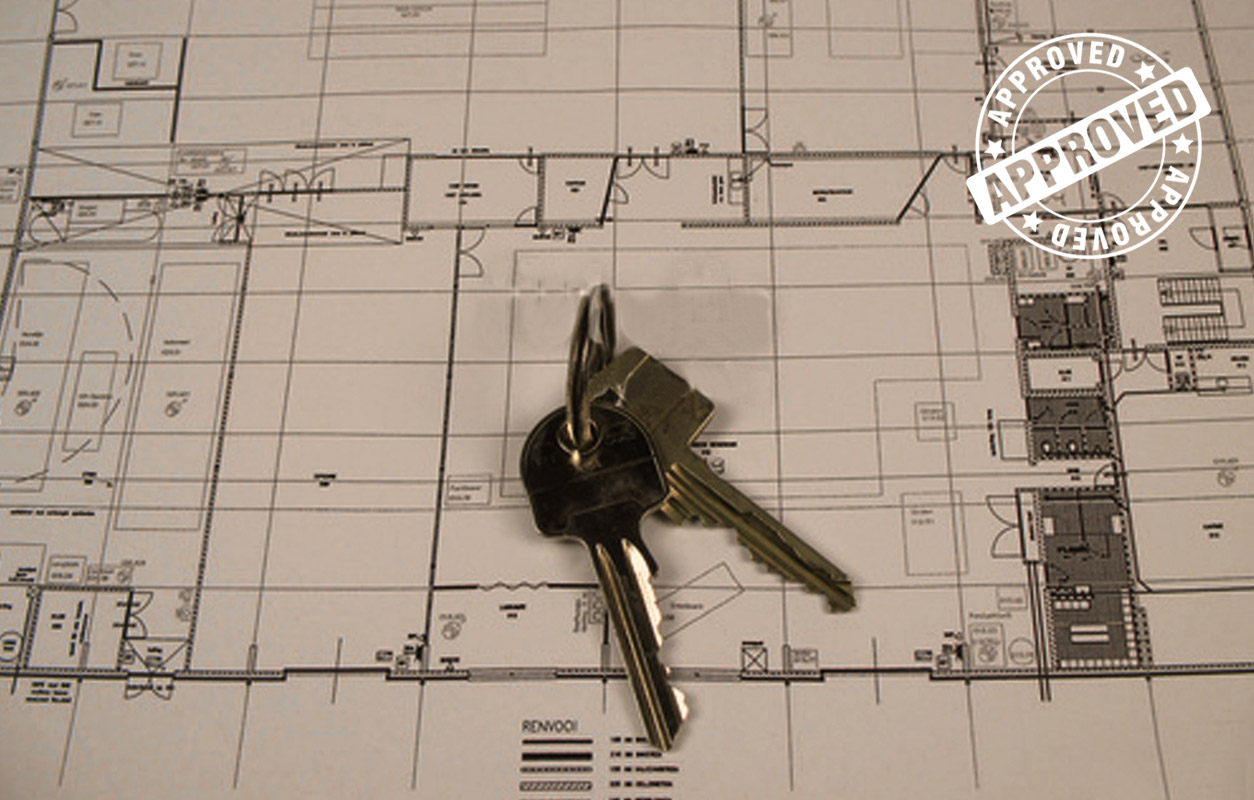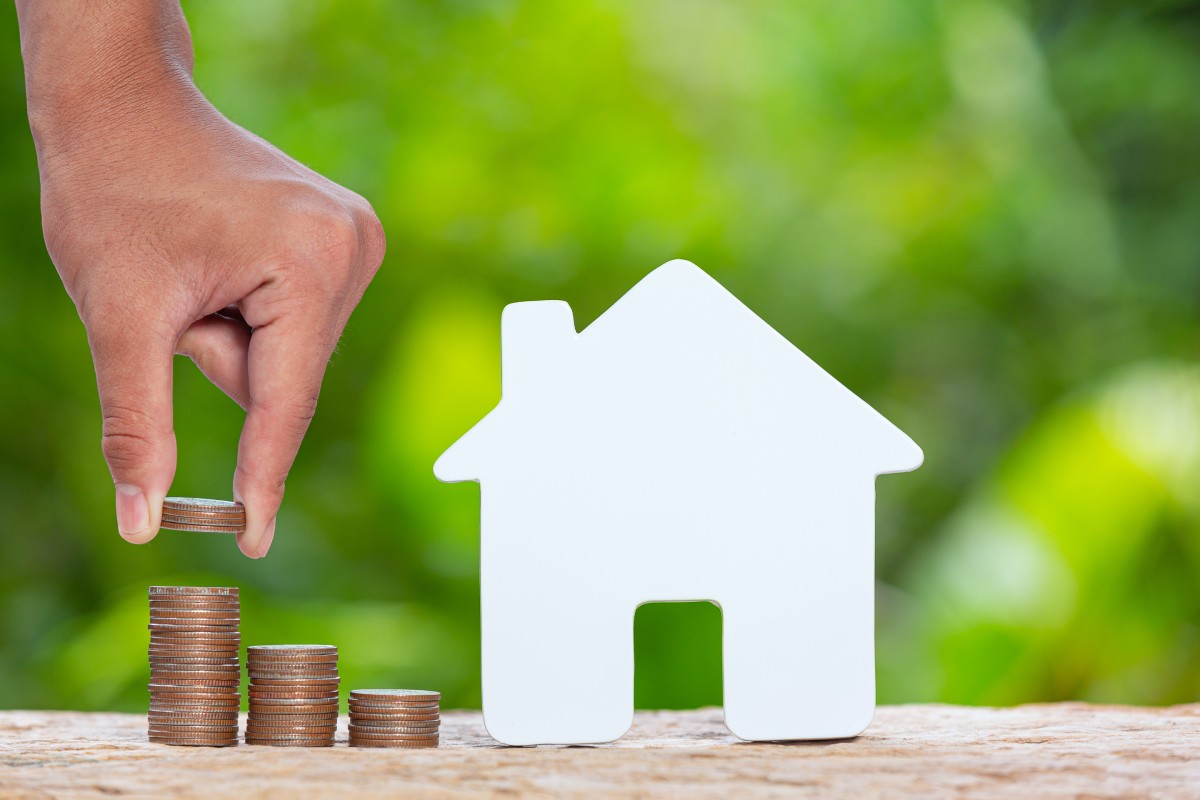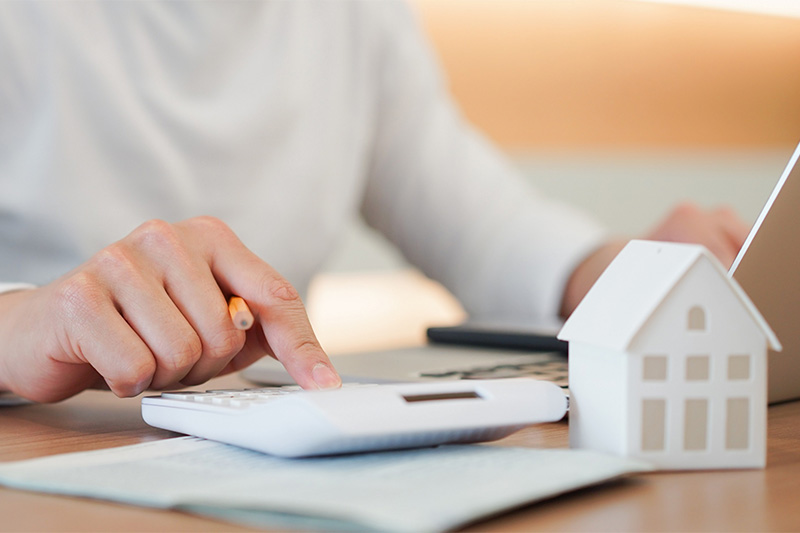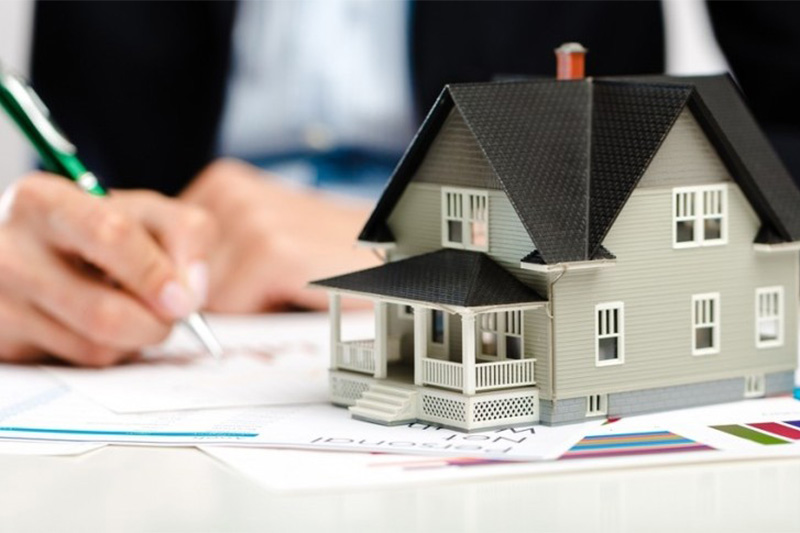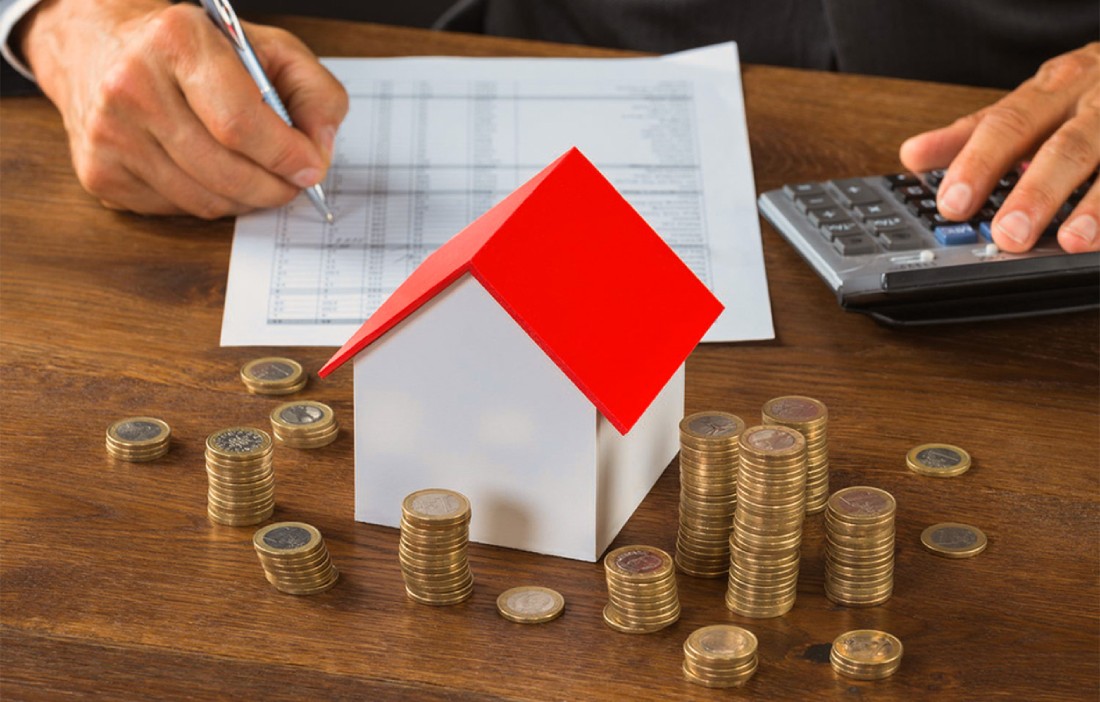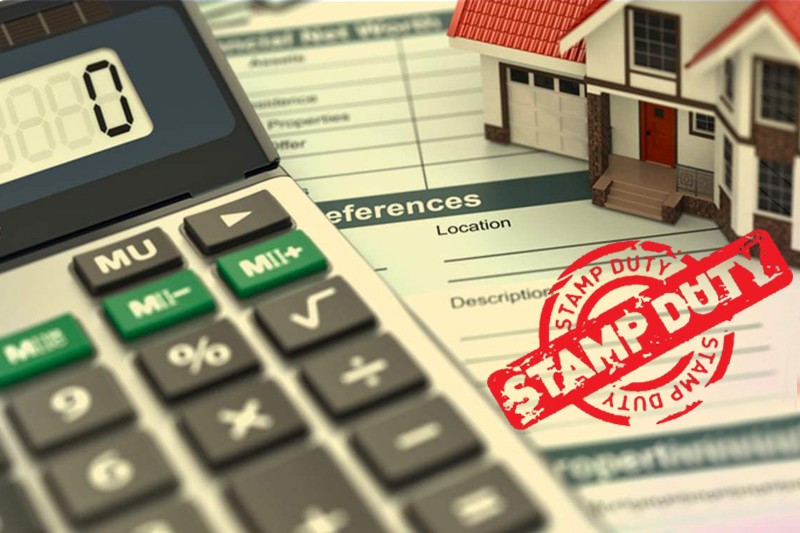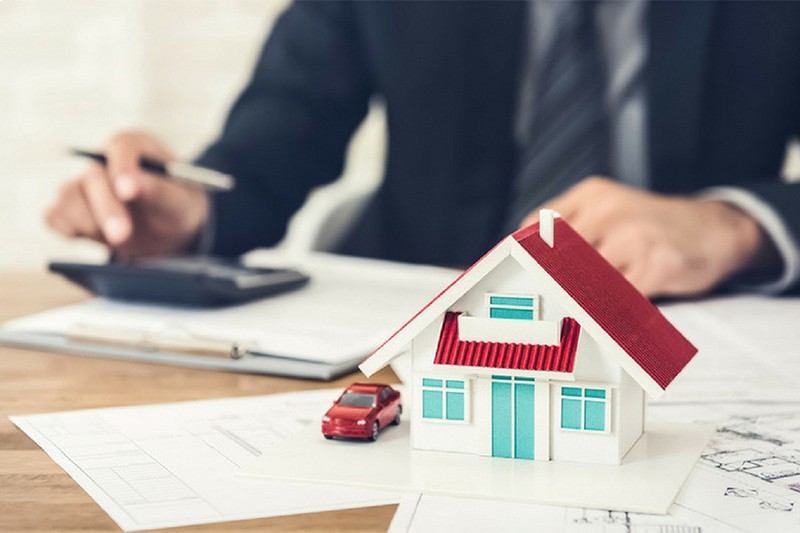10 things to
check before you buy
Buying a home for the first time is one of life's most
important milestones, which, if bungled, can result in years’ worth of issues.
Luckily, the implementation of RERA
has given access to ample information on properties and builders. What used to
be a decision based solely on location, price, and date of possession has since
grown to include other essential factors. Chennai has a vibrant realty sector
with its suburban markets driving it to the forefront. There are ongoing residential projects in
Sholinganallur, Thalambur,
Tambaram, and Adyar that are sought after by potential homebuyers. These places
with their accessibility and abundance of IT parks are some of the best
places to
buy properties in Chennai. Their vibrant luxury real estate sector also owes it
to the same reasons.
Here are some checkpoints to cross off before buying
properties in Chennai.
Verify
the Sale Deed
A primary legal document that serves as a proof of sale
and transfer of property, the sale deed is the very first thing to cross off in
your list. It is highly advisable to read through all the terms and conditions
thoroughly before signing.
Ensure
Construction Clearance
Before the builder can even begin construction, the law
requires the receipt of a "certificate of commencement". This
certificate is issued by the local municipal council’s engineering department
after a thorough inspection of the building's foundation, superstructure and
its boundaries. It also usually implies that other required licenses and
permissions are also in place, although it would be best to verify these
individually.
Verify
Planning Approval
An approved architectural layout means that the
builder's plan has not broken any by-laws and is in full accordance with the
prevailing laws. One of the biggest problems that this overcomes is whether the
floor you have booked the flat in has construction approval.
Check
the Land Use Certificate
Post the implementation of RERA, the number of horror
stories of builders constructing residential properties on commercial or
agricultural land sans permits has reduced significantly, but it still is
something to verify. Given the recent boom in Chennai's real
estate, a
lot of builders have rushed to acquire agricultural land and convert it to
residential zones. This conversion is only possible after the payment of a
stipulated fee to the concerned authority. To verify this, a buyer needs to
check the order issued by the village Tehsildar or the Deputy Commissioner of
the Zone.
Ensure No Objection Certificates (NOCs)
The real estate developer should also be able to furnish
potential buyers with authorized and valid copies of the Urban Land Ceiling
NOC, an Environment NOC, as well as NOCs from the Electricity and Water
Authority.
Verify
Availability of Financial Assistance
Most developers have unsold inventory for two reasons:
market fluctuations or discrepancies in the paperwork or permissions. Given
that builders depend on banks and other financial institutions for financing,
when a project doesn't sell entirely, or worse isn't completed, it makes them
wary of financing new projects as a whole. For the average buyer, this
translates into an inability to secure a home loan. So once you've negotiated
with the builder to buy a home, it's wise to do your homework and figure out
which banks are ready to provide financing and which ones have the lowest rate
of interest.
Check Total Monies Involved
On average, when you buy a property in Chennai,
the price specified is the Basic Price. The cost of other factors such as
Development Fees, Preferential Location Charges, Parking Fees, Club Charges and
Service Tax is computed when the deal is in the final stages of closure. These
additional factors can add significantly to the final price of the property and
should be considered right from the onset.
Look into the Builder Credentials
Once you've narrowed down the location and the kind of
property you are after, it's a good idea to check the credentials and history of the builders with projects in the area. You can do this easily by going through
reviews on consumer forums and aggregator websites.
Calculate
the Size of the Property
Real estate developers generally only highlight the
super built-up area in their marketing collaterals which includes common areas
such as staircases, lobbies, etc. A good rule of thumb is that the carpet area
is 30% less than the super built-up area.
Check the infrastructure around the property
Proximity to metros, bus stations or other planned
infrastructure near the location of the project you intend to buy can boost
your return on investment tremendously. Add to this, the property's proximity
to IT parks, schools, colleges, hospitals, and entertainment venues and you can
adequately estimate how valuable your property will be when and if you decide
to sell.
Lastly, check the site yourself
As seeing is believing; the layout and features
mentioned in the website or the brochure could be completely different from
what's at the site. Carve out some time and pay a visit before taking action.
It's also a good idea to drive around the neighborhood and judge for yourself
whether you see yourself living there.
If you still need help though, we strongly recommend
working with a consultant or a lawyer who specializes in property transactions
and can help verify all the essential documents.



